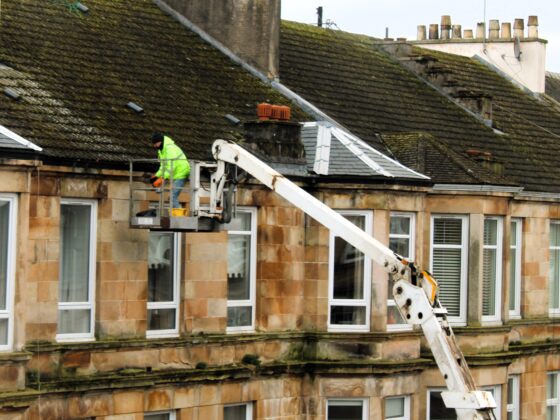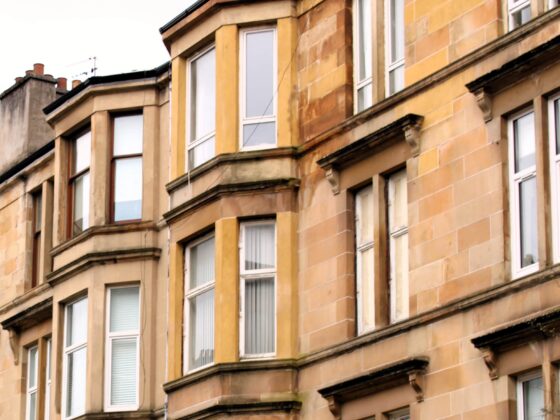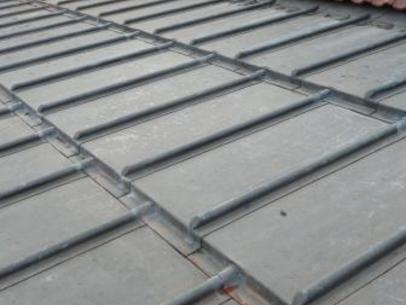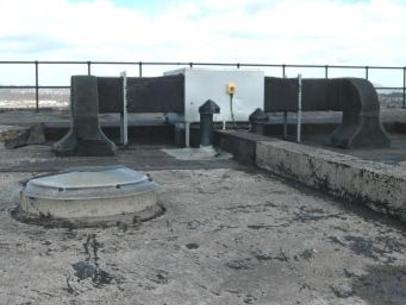Designed primarily to help tenants, this order may also be useful for getting landlords to deal with common repairs. It can only be served by your local council.
When used
This order is used only with private landlords. The focus of the order is on the tenant’s living condition rather than other owners’ concerns about a landlord not paying their share of common repairs. But, some councils interpret this quite widely.
The repairing standard can include common property repairs but landlords may try and argue they are prevented from carrying out such works due to other owners.
Holiday and AirBnB type lets are now also covered by the Repairing Standard.
Criteria
The criteria relevant to common repairs are:
- the house is wind and water tight and in all other respects fit for human habitation
- the structure and exterior of the house (including drains, gutters, and external pipes) are in reasonable repair and proper working order
- where the house forms part of premises (e.g. a flat), the repairing standard can be used against any part of the premises that the owner is responsible for maintaining, solely or communally, as long as the tenant is entitled to use this part of the building
“In all other respects” can be interpreted widely – it could include stairs that have become so dangerously worn that they are a hazard to tenants as well as other users.
The use of this order can have serious implications for landlords in that it can prevent them from renting out their flat.
The Scottish Government has announced an update to the Repairing Standard, enforced from 1st March 2024. Find out more about the changes that apply to landlords here.
Enforcing the repairing standard
Councils have powers to refer offending landlords to the First Tier Tribunal (Housing Chamber) where the tenant will not do so or where neighbours are affected. If the Tribunal makes a Repairing Standards Enforcement Order, a notification will be put on property’s title deed by the Registers of Scotland. Failure to comply with the repairing standard is also a criminal offence.
- Contact your council
- First Tier Tribunal
- More about private landlords
- Scottish Government Repairing Standard
Legal reference





